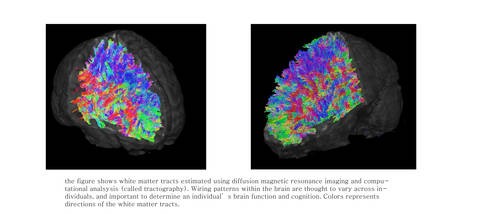Author Interviews, Infections, OBGYNE, Pediatrics, Vaccine Studies / 17.06.2018
TDAP Vaccine During Pregnancy Protects Infants Against Whooping Cough
MedicalResearch.com Interview with:
Sylvia Becker-Dreps, MD MPH
Associate Professor, Department of Family Medicine
Associate Director, Office of International Activities (Latin America Focus)
Director, UNC Program in Nicaragua
University of North Carolina at Chapel Hill
Chapel Hill, NC 27599-7595
MedicalResearch.com: What is the background for this study? What are the main findings?
Response: Pertussis (or whooping cough) is a respiratory infection caused by bacteria. It has been becoming more common in the US over the past two decades. Infants are more likely to be hospitalized and die of the disease. They are especially vulnerable in the first months of life because they have not yet had time to complete the DTaP vaccine series themselves. (Currently, infants receive 3 doses of DTaP at 2,4, and 6 months of age.) Immunizing mothers allows the mothers to pass antibodies against pertussis through the placenta and provide passive immunity to infants early in life. In early 2013, the CDC recommended that pregnant women receive a Tdap vaccine in every pregnancy. That recommendation was based on studies of the immune response to the vaccine, not real cases of pertussis.
Our study examined clinical cases of pertussis in over 675,000 infants throughout the US. We found that in the first six months of life, infants of vaccinated mothers (those that received Tdap during pregnancy) had 75% less pertussis hospitalizations and 50% less pertussis cases overall. (more…)

 Ali Khashan, PhD
Senior Lecturer in Epidemiology
School of Public Health & INFANT Centre
University College Cork
Cork, Ireland
MedicalResearch.com: What is the background for this study? What are the main findings?
Response: There is some evidence to suggest an increased likelihood of neurodevelopmental disorders in relation to hypertensive disorders in pregnancy, however consensus is lacking. Considering hypertensive disorders in pregnancy are among the most common prenatal complication, we decided to synthesise the published literature on this topic by conducting a comprehensive systematic review and meta-analysis.
Our main findings suggest that hypertensive disorders in pregnancy are associated with about 30% increase in the likelihood of autism spectrum disorders (ASD) and ADHD in the offspring, compared to offspring not exposed to hypertensive disorders in pregnancy.
Ali Khashan, PhD
Senior Lecturer in Epidemiology
School of Public Health & INFANT Centre
University College Cork
Cork, Ireland
MedicalResearch.com: What is the background for this study? What are the main findings?
Response: There is some evidence to suggest an increased likelihood of neurodevelopmental disorders in relation to hypertensive disorders in pregnancy, however consensus is lacking. Considering hypertensive disorders in pregnancy are among the most common prenatal complication, we decided to synthesise the published literature on this topic by conducting a comprehensive systematic review and meta-analysis.
Our main findings suggest that hypertensive disorders in pregnancy are associated with about 30% increase in the likelihood of autism spectrum disorders (ASD) and ADHD in the offspring, compared to offspring not exposed to hypertensive disorders in pregnancy. 









